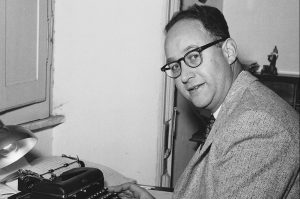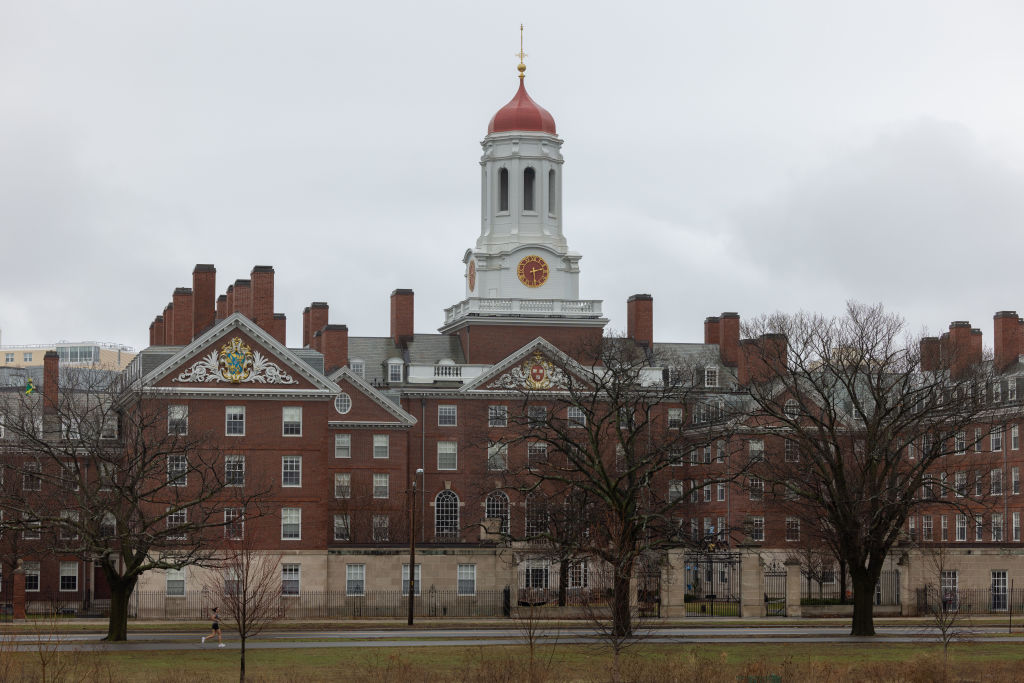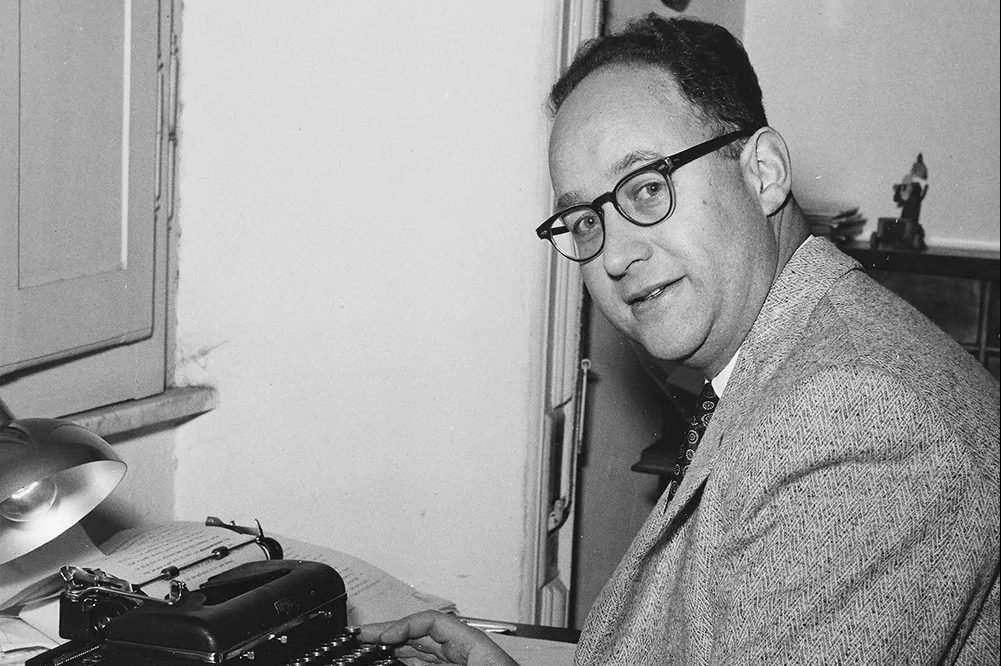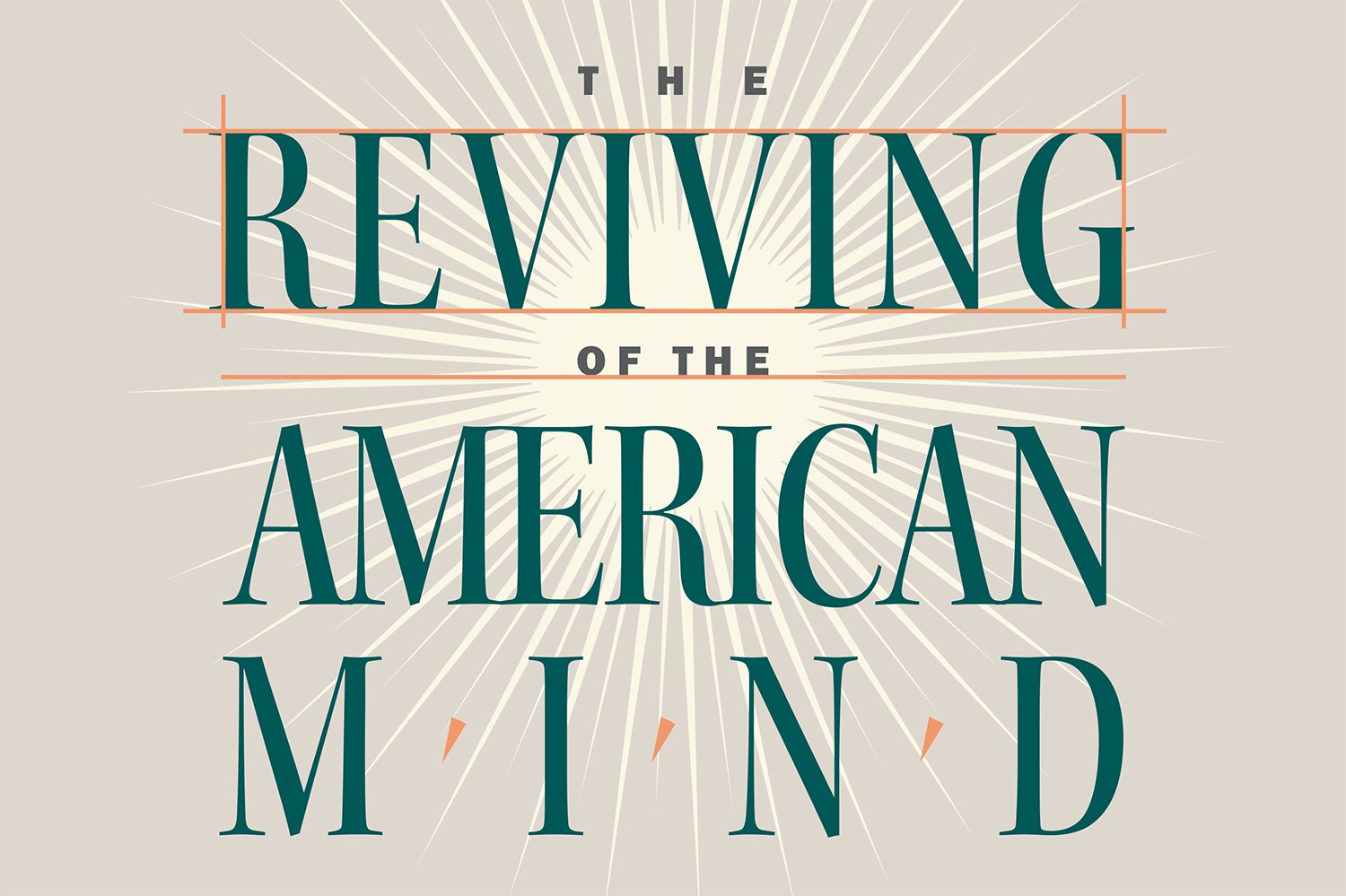Lying is the great American pastime. We’ve been at it ever since some of the Pilgrim fathers shined on some of the folks back home with tales of the Eden they had found on the barren coast of Massachusetts:
For fish and fowl, we have great abundance; fresh cod in the summer is but coarse meat with us; our bay is full of lobsters all the summer and affordeth variety of other fish; in September we can take a hogshead of eels in a night, with small labor, and can dig them out of their beds all the winter; we have mussels; and …
As the American Socrates, P.T. Barnum, may once have said, “There’s a sucker born every minute.” Or he may have not said. The Fort Wayne Weekly Sentinel in 1894 said he said it, but P.T. denied it. Whom are we going to believe: the lying liar of Fiji Mermaid fame or the dissembling deceivers of the Sentinel?
Relax. We don’t have to choose. Men were deceivers ever.
Time’s up. Stop relaxing. We’ve been summoned by our betters to purge America of the scourge of “disinformation.” Or at least the spreaders thereof. A whole new academic discipline has emerged of spotting and discrediting said disinformation. Professor Robert Beckman at the School of Media Studies at the New School, for example, teaches “Fighting Disinformation: A News Media Literacy Video Series.” Beckman is far from alone in this academic quest. “Syracuse University Professors Seek Solutions to the Plague of Disinformation,” declares one headline. Two profs at that institution scored a $600,000 grant from the Department of Homeland Security for that little venture. In fact, combatting disinfo is one of the hottest trends on campus these days.
Of course, the academy is only one part of the battlefield. Ever since federal judge Terry Doughty filed an order in the Western District of Louisiana declaring that government officials couldn’t treat Twitter, Meta and other social media companies as their personal playthings, the progressive establishment has been aghast. If Judge Doughty’s order stands, it would mean the moral guardians who protect us from “disinformation” would have to let Americans decide for themselves whom and what to believe. They would no longer be able to set up shop in the offices of Elon Musk’s little enterprise, the New York Times or even the Fort Wayne Weekly Sentinel.
People left to their own devices might fall prey to disinformation about China, Ukraine or Iran. They might prove susceptible to the idea that America is not systemically racist. They might wonder if there are only two sexes. They might believe the legal availability of firearms drives the murder rate and prompts mass shootings.
When we stop to think about it, the list of topics on which the government and mass media feel called to protect us from “disinformation” is very long. Merely by printing some lists on which damnable forms of disinformation circulate I may be triggering some readers. The only safe response is to avert your gaze and hum a Taylor Swift song. No doubt in bringing these matters up, however, I have already revealed myself as one who indulges in nefarious opinions. Not that I endorse all the heterodoxies hinted at above.
This is a glorious moment for us denialists. Not only has Judge Doughty flung open the windows to let the sun shine in, Congress has also decided that the time has come to reveal the memos hidden away by the deep state censors, demand the testimony of the agency decepta-crats, and ask some really tough questions.
At the heart of the crusade against “disinformation” are lies and deception tenderly cultivated in our schools and urgently — often solemnly, sometimes indignantly — amplified by compliant news readers, sciencey-sounding researchers and dignified officials.
What a wonder it is that many Americans take all this in — and just laugh. We know that the establishment is lying to us even if we can’t prove it. There’s just something about the preacher with his pants around his ankles that tips us off. That’s not to say that we so-called “conspiracists” lack solid evidence and compelling arguments. Often that evidence is as naked as Hunter’s laptop, as heart-breaking as myocarditis among young, vaccinated athletes and as conspicuous as Lia Thomas at a women’s swim meet.
But we also know that we will get into trouble if we press the point. Castigating us when we refuse to go along with the mandated delusions is the sport of our betters, but every time they do it, we grow more certain that those who guard against “disinformation” are really just guarding their own paychecks and privileges.
We are, however, finding new allies. Journalist Michael Shellenberger testified to Congress recently about how the antidisinformation crowd had come together to form what he calls the “Censorship Industrial Complex,” that combination of interest groups that seeks to sanitize public life from all those gadfly opinions. Government agencies, social media and university professors are three legs of this complex. Shellenberger comes to this topic with the fame and credibility of being one of the journalists entrusted by Elon Musk to review the previously secret Twitter Files that exposed the deep involvement of the FBI and other government agencies in censoring public commentary.
Shellenberger’s fifty-three-page Congressional testimony isn’t the first serious effort to synthesize a picture of how the parts of the censorship regime mesh their gears. Before there was Shellenberger, we had Martin Gurri and Mattias Desmet — neither a household name, but both powerful interpreters of our current situation.
Gurri is a former CIA analyst, noted for his 2016 book, The Revolt of the Public and the Crisis of Authority in the New Millennium, in which he describes “the slow-motion collision of two modes of organizing life: one hierarchical, industrial and top-down, the other networked, egalitarian, bottom-up.” In a recent essay for City Journal, Gurri offers some observations on Shellenberger’s testimony. “The Republicans,” he writes, “are caught in a circular dilemma: they need the presidency to be heard above the censorship, yet the censorship radically diminishes their chances of getting to the White House.” He also observes that “the establishment Left… can’t survive politically without control of the web — and it dwells in a dim institutional bubble where self-interest is forever confused with the salvation of democracy.”
Mattias Desmet is a Belgian professor of clinical psychology and at first glance too offshore to be a likely source of wisdom on America’s censorial conflicts on disinformation. But his work, especially his book The Psychology of Totalitarianism, has found an eager audience in the States. He is an exponent of the idea of “mass formation” as a kind of collective hypnosis in which the public is manipulated via technology. Our fears become the lever by which government accrues more and more power.
Shellenberger’s testimony is richly detailed, but it is more than a heap of facts. He has his eye on the history of the government’s programs of disinformation-justified-as-combatting-disinformation going back to Eisenhower’s 1961 farewell address, in which he warned of the converging self-interest of government contractors and the Department of Defense. In Shellenberger’s view, the new censorship has roots in the post-9/11 War on Terror, but what drove it over the edge into a kind of government insanity were the fateful events of 2016: Brexit and the election of Donald Trump. These were both popular revolts against the security state’s perceived self-interest.
I have said more than enough about Shellenberger’s remarks, which deserve to be read in full. But let me not leave the topic of prevarication in our national life without tipping my hat to some of the other spelunkers in the Great Mammoth Cave of Deceit. I’ve been reading up on the topic, and I will mention three recent works: Aja Raden’s The Truth About Lies, Robert W. Malone’s Lies My Gov’t Told Me and Rod Dreher’s Live Not by Lies. These are works which, apart from the titles, have little in common. Raden is a jeweler, who headed the auction division of an estate jeweler and became a respected jewelry designer as well as an accomplished writer. Her book attempts to explain how and why we deceive ourselves, and her background suggests that she knows a thing or two about how we assist others down that path.
Malone is the physician who invented the first mRNA vaccine in the 1980s but then argued vociferously against the use of mRNA vaccines during the Covid epidemic. His warnings only succeeded in getting him targeted as one of the prime spreaders of dangerous “disinformation.” His book comes with a foreword by Robert F. Kennedy Jr.; twelve of its thirty-six chapters are written by others, including one by Mattias Desmet.
Dreher’s Live Not by Lies, subtitled “A Manual for Christian Dissidents,” takes up the topic of progressive attempts “to marginalize conservatives.” Dreher sees the technology-enabled “surveillance state” as part of the new “soft totalitarianism.” His answer to this threat is pietist: stand firm. Refuse to affirm the lies. Learn to live under persecution, because that’s what’s coming.
It would be nice if I could conclude with the cheery thought that the Rule of the Censors is itself about to be buffeted by the chilly winds of truth-telling. Perfect candor will never be our lot, but couldn’t we find our way a little north of the line — the one that lies beyond the boundaries of Washington, DC — that separates orchestrated deceit from Barnumesque rodomontade?
Alas, looking at a recent poll of college students, the answer is maybe no. We have raised a generation of students who believe (by a 74 percent plurality) that using official power to silence those with whom you disagree is just fine. Let’s hope that some of them were lying to the pollsters.
This article was originally published in The Spectator’s September 2023 World edition.
























